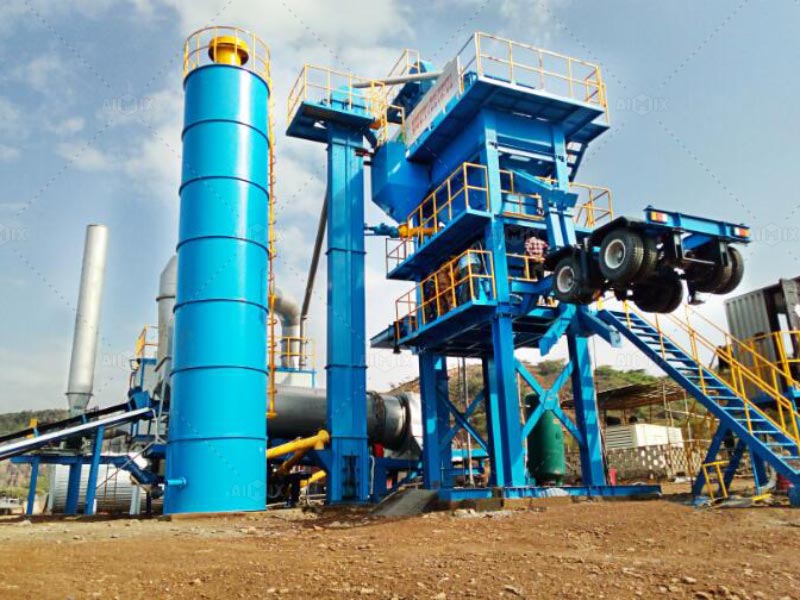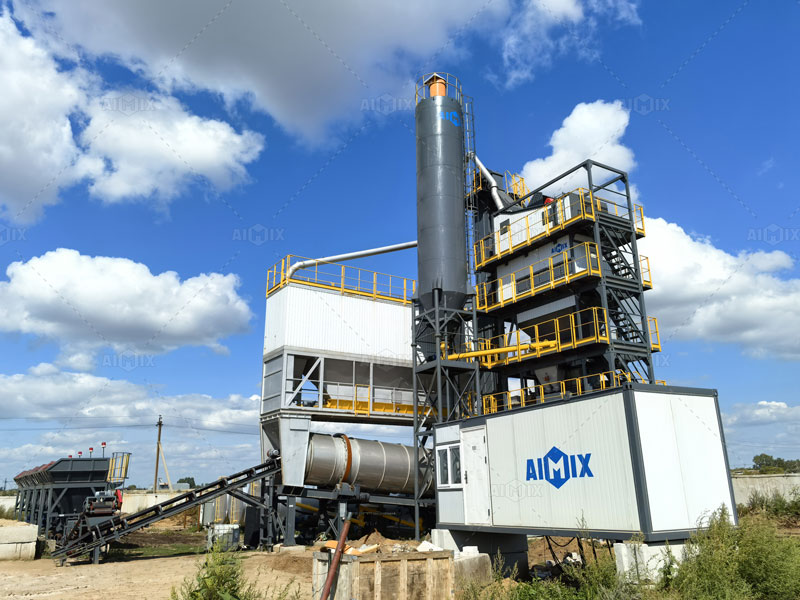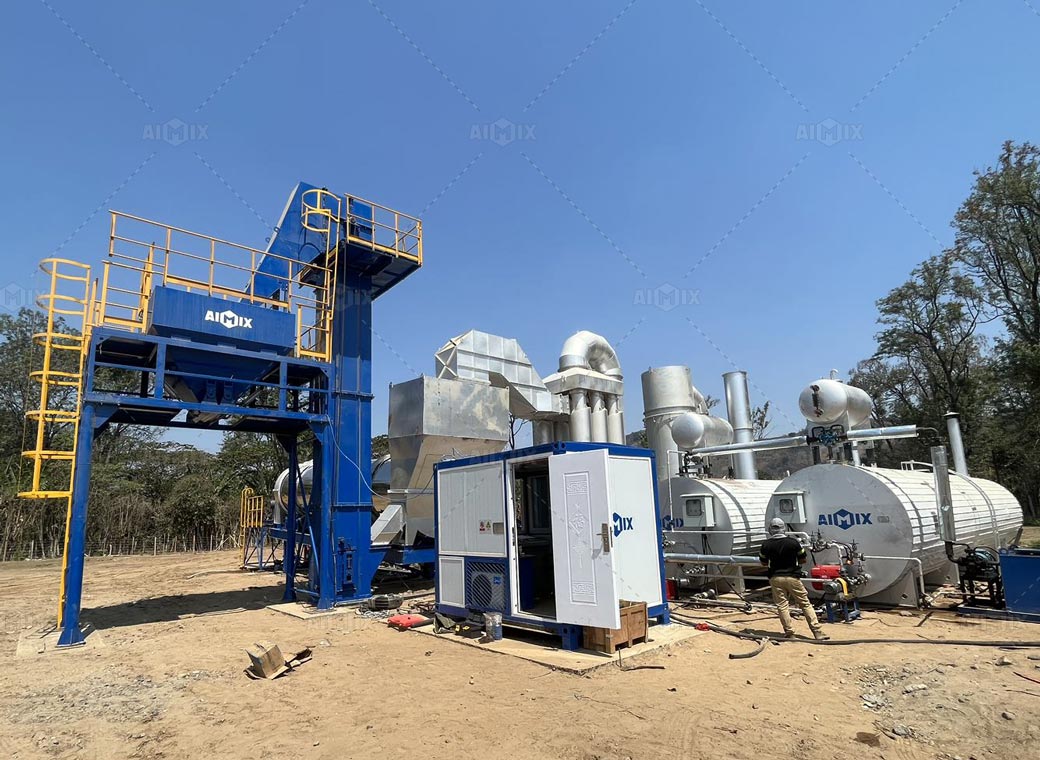
Small road projects in Latin America, including municipal streets, rural highways, and local infrastructure upgrades, often face unique challenges compared to large-scale construction. Limited budgets, shorter timelines, and difficult access to project sites can make traditional stationary asphalt plants inefficient and costly. In such contexts, a mobile asphalt plant(planta de asfalto movil) offers a practical, flexible, and cost-effective solution. Understanding why mobile units are better suited for small projects can help contractors make smarter equipment choices and improve project efficiency.

Small road projects often involve construction in areas that are hard to reach, such as rural villages, mountainous roads, or rapidly developing suburbs. Contractors face logistical challenges including:
Relying on a conventional drum mix asphalt plant(planta de asfalto continua) located far from the project site can lead to excessive transportation costs, delays, and material loss due to cooling during transit. For small projects, these inefficiencies directly impact profitability and project quality.

A key advantage of a mobile asphalt plant is its ability to produce asphalt directly on-site. This ensures that the hot mix is freshly prepared and maintains the correct temperature, improving pavement quality. Contractors can avoid the issues of material cooling or degradation during transport, which is especially important for smaller projects where precision and consistency are critical.
Small road projects often have tighter budgets, making cost efficiency a top priority. Mobile asphalt plants are generally more affordable than large stationary units because they require less infrastructure and can be quickly relocated. This makes them a practical choice for contractors who need an asphalt plant in Peru(planta de asfalto de Perú) or other Latin American regions where projects are scattered and site conditions vary.
Investing in a mobile unit reduces upfront capital expenditure while allowing contractors to adapt to multiple projects without building permanent facilities. The operational costs, including fuel and maintenance, are often lower due to smaller production capacities suited to project size.
Mobile asphalt plants are designed for easy transportation and rapid installation. For small road projects, this flexibility is invaluable:
These advantages make mobile asphalt plants ideal for municipalities, regional road authorities, and contractors handling multiple small projects across different locations.
In countries like Peru, Bolivia, and Colombia, small road projects are often located in remote or mountainous regions. Transporting asphalt from centralized plants can be challenging and expensive. A mobile asphalt plant addresses these challenges by bringing production closer to the project site.
Additionally, mobile plants reduce dependency on third-party suppliers and long-haul transport. Contractors can produce drum mix asphalt onsite, optimizing efficiency and reducing the risk of project delays due to traffic, weather, or road conditions.
Moreover, mobile units allow contractors to experiment with different asphalt mixes tailored to local conditions. For example, adjusting aggregate composition or bitumen content becomes simpler when production occurs on-site rather than at a distant drum mix asphalt plant.
When choosing a mobile asphalt plant for small projects, contractors should consider:
Choosing the right unit ensures that contractors maximize the benefits of mobility, quality, and cost efficiency.

For small road projects in Latin America, a mobile asphalt plant offers clear advantages over stationary alternatives. Its on-site production ensures quality control, flexibility reduces logistics challenges, and cost efficiency makes it suitable for tight budgets. Whether producing drum mix asphalt for rural highways or municipal streets, mobile units allow contractors to deliver projects faster, with less waste, and higher reliability. By investing in a mobile asphalt plant, companies can meet the demands of smaller-scale construction while maintaining efficiency, quality, and profitability.